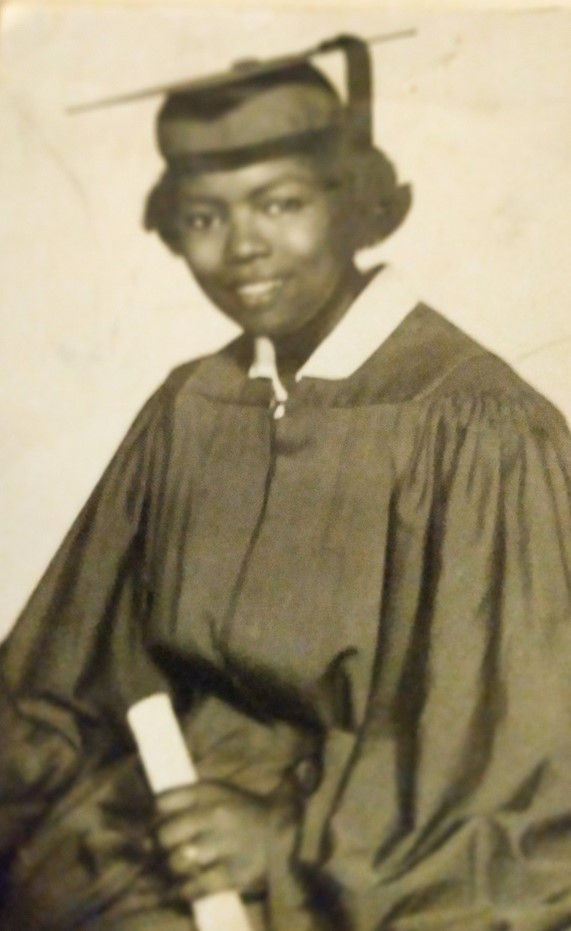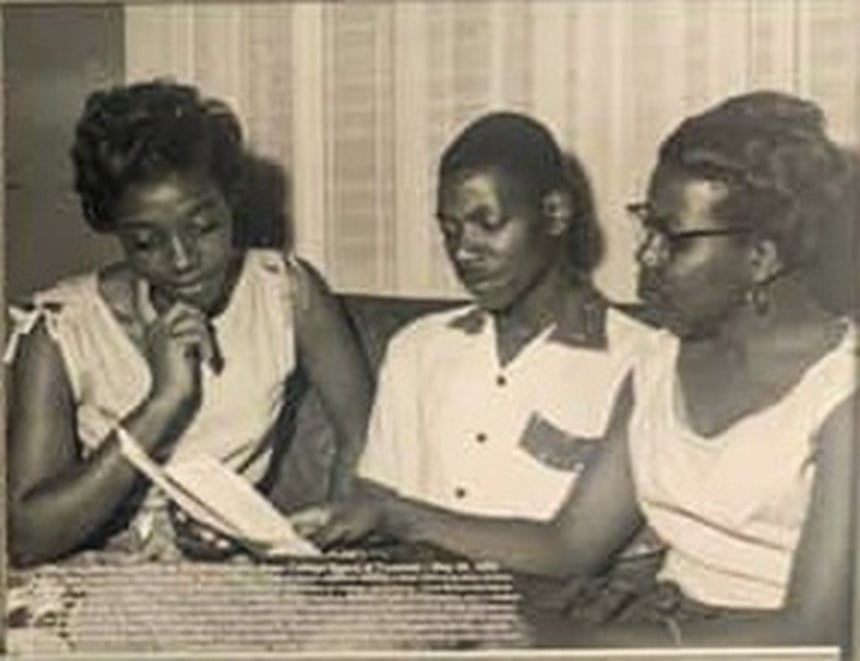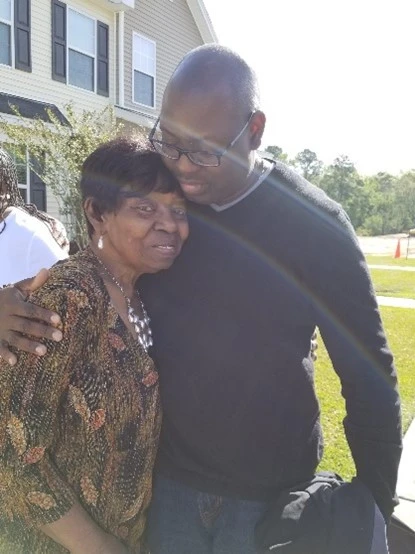Celebrating Black History Month and Barbara Brown Richardson
Celebrating Black History Month and Barbara Brown Richardson
Many times, when we think of Black History, we focus on the historical perspective and often do not have a personal connection to the person we are learning about. During this Black History Month, our own Black Employees Connect (BE Connect) group is encouraging our employees to get a bit more personal. Each week throughout the month of February, BE Connect will highlight the story of someone that has, or is, shaping the lives of those that we work with daily. By reading these stories, BE Connect hopes to add even more richness to this month of celebration. In this article we learn more about Barbara Brown Richardson, the mother of an Albemarle employee and a woman who committed to confront the racial inequities that took place in the mid-1950's. Read her story below.

Our Black History Month article series begins with Barbara Brown Richardson. Her son, Chris Richardson, works within our Lithium Supply Chain organization. What some may not know is the story behind the man. Here's the story as told by Chris himself.
In the mid-1950's, there were many supporters for segregation that worked diligently to keep races separate. To maintain segregation, they engaged in unfair business practices to force Black-owned businesses to shut down and subsequently prevent desegregation in the community and schools. The Black community fought back and, with the support of the NAACP, established a boycott of several white-owned business. Some of the more well-known businesses at the time were Coca-Cola, Sunbeam Bread and Coburg Dairy.
Just about two hours southeast of Albemarle's Corporate Office in Charlotte, NC, is Orangeburg, SC, home to Claflin University and South Carolina State University. Students at these schools were approached by the NAACP to support boycotts of white-owned businesses. During this time Chris' uncle, Fred H. Moore was President of the South Carolina State Student Government Association. Another uncle, Charles H. Brown, was a student leader who was planning to be commissioned in the Army. And Chris' mother, Barbara Brown, had just started South Carolina State to pursue a degree in Early Childhood Education, after having just graduated from Avery Normal Institute in Charleston, SC
Chris' mom and uncles all had different aspirations in life, but they had a common goal to confront the racial inequities that were taking place. They all participated with other students in the boycott of Coburg Dairy, and they were also involved in student strikes and demonstrations on campus. Due to their desire to see equality for all and participation in peaceful demonstrations, Chris' mother and many other students received expulsion letters from South Carolina State. This was done without just cause, to attempt to discourage students from participating in these demonstrations.

Ms. Barbara, along with two other students, were interviewed by Jet Magazine to tell their story. She was among the first of fourteen students to be expelled (some of these students pictured right), but there were many others that followed. This major event would change the complete trajectory of Ms. Barbara's life and story. While it did change the trajectory of her life, and in some regards could have been a setback, Ms. Barbara didn't allow being removed from school to stop her from having an impact on her community. She obtained a Business Degree at a Community College, taught music and sewing to many, and also operated a successful tailoring and upholstery business.
Chris grew up not knowing all the details of his mom's story, but he did know she had extreme patience with him and many other children. This was confirmed by the love shown to her by each child that knew her. “I did not appreciate the struggle that she endured from the loss of not achieving a higher education," said Chris. In March 2006, 50 years after being expelled, South Carolina State acknowledged that they violated Ms. Barbara's constitutional rights of freedom of speech, equality and justice. They apologized and thanked her for her courage during a ceremony along with the other students that were expelled at the same time. She received an honorary certificate from the school.

BE Connect would have been honored to have Ms. Barbara speak to our Albemarle employees, but unfortunately she passed away in December. The legacy she leaves reaches far and wide through her family, friends, and all who knew her. “The thing that hits home most, especially during Black History Month, is that my mom's story was not unique. She did not give rousing speeches or draw a large crowd, but she was one of many that stood up for equality and was punished. Many of the people we work with either have parents or relatives that have experienced similar stories of racism and inequality," said Chris.
Check back next week for the another story that celebrates those around us and highlights the importance of Black History.



